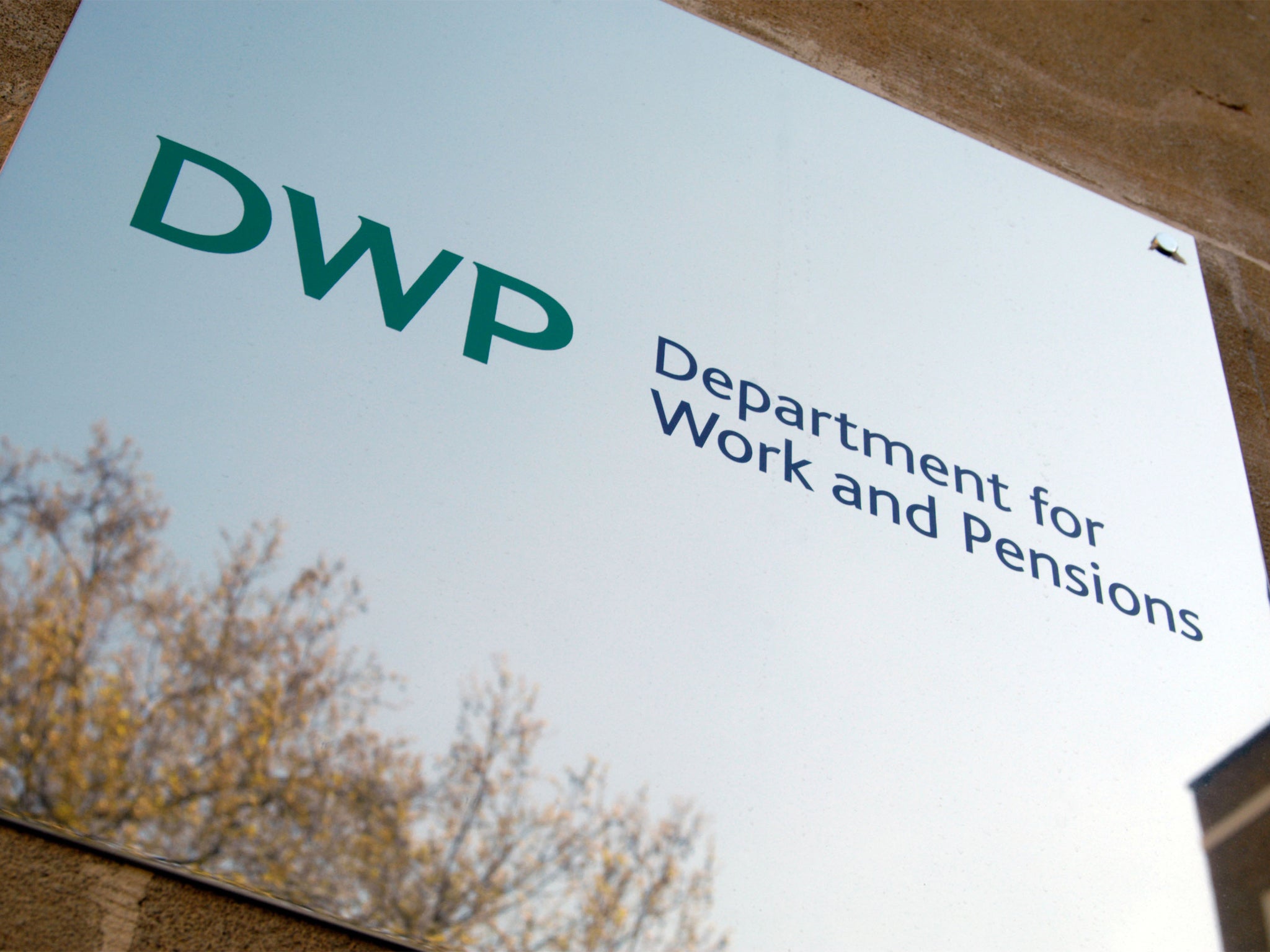Universal basic income: Half of Britons back plan to pay all UK citizens regardless of employment
There are ‘surprising levels’ of support for a once-radical welfare policy

Nearly half of Britons would support giving all citizens a cash allowance, regardless of whether they were employed, according to a new survey.
Once considered a policy belonging firmly to the radical left, polling by the Institute for Policy Research at the University of Bath found that 49 per cent of 18 to 75-year-olds supported the introduction of a Universal Basic Income (UBI).
If UBI were to be established in the UK, it would drastically overhaul the welfare state by providing a set payment to cover the basic needs for every citizen.
In total, 1,111 adults were polled about a form of UBI that covered basic needs such as food and clothing, but not housing costs.
Only about a quarter (26 per cent) of those surveyed by Ipsos-MORI opposed the introduction of UBI.
Yet although almost half of people approved of the policy in theory, support for the concept dropped radically when people were asked to consider UBI funding through increased taxation.
Support for the policy dropped to 30 per cent, with 40 per cent opposed to it.
Support also dropped to 37 per cent at the suggestion of funding UBI through cuts in welfare benefit spending, with 30 per cent opposing it.
The poll found 63 per cent of Labour-leaning adults support the principle of UBI, compared to 40 per cent of those who are Conservative-leaning.
When asked to consider the practicalities of a scheme funded by cutting existing benefits, support among Labour-leaning adults fell to 34 per cent, and grew to 49 per cent for Conservative-leaning adults.
Dr Luke Martinelli, from the University of Bath's Institute of Policy Research (IPR), said: “These new data show quite surprising levels of support for basic income in the UK – although this falls when asked to consider UBI’s fiscal implications.
“Our findings are significant because there is currently very little polling data on attitudes to basic income per se, despite a number of long-standing social attitude surveys and the massive growth of interest in basic income over recent years.
“The data should generate interesting analysis on the political feasibility of introducing basic income in the UK – in particular, about potential constituencies of support, and the forms of basic income that appeal to different demographics – important issues about which we currently know very little.”
Last week, Scotland's First Minister Nicola Sturgeon announced she would work with councils and fund research into UBI schemes.
In Scotland, significantly more adults (23 per cent) strongly support the concept, compared to 14 per cent of those in England.
However, overall support for UBI is no higher in Scotland than in England, and 31 per cent of Scots are opposed to it.
The poll also found that, regardless of support for UBI, 34 per cent would prefer to fund it by increasing taxes on wealth.
28 percent would prefer to fund it by cutting existing welfare benefits. Only 12 per cent were in support of funding UBI by raising income tax.
Introducing UBI to reward and encourage people doing unpaid work such as caring or voluntary work was seen as very or fairly convincing by 79 per cent of respondents.
Along with the figures, economists from the IPR released a policy brief looking into the feasibility and practicalities of introducing UBI in the UK.
It argued that, if conceived as a replacement for most existing benefits, an affordable UBI would be inadequate in terms of coverage and support to individuals.
For example, a UBI paying £73.10 per week for adults of working age that replaced existing benefits would cost an additional £143bn over existing social security expenditure.
It would also require large increases in income tax revenue – but would increase working age poverty by approximately 7 per cent and leave 42 per cent of households with less disposable income.
Schemes that retained existing benefits and adjusted them to take a UBI payment into account would mitigate against increases in poverty, the economists said.
This would lead to adult poverty rates falling between 14 per cent and 20 per cent of their previous levels, and negligible numbers of poor households losing income.
Such schemes would still require substantial tax rises, adding between 3 per cent and 5 per cent on income tax rates plus requiring the elimination of the personal tax-free allowance, they found.
“The analysis underlines a three-way trade-off between meeting individuals' needs, controlling cost and reducing the negative effects of means testing,” a spokesperson said.
The economists suggest trialling more modest schemes of UBI, such as those limited to particular demographic groups.
Additional reporting by PA
Join our commenting forum
Join thought-provoking conversations, follow other Independent readers and see their replies
Comments
Bookmark popover
Removed from bookmarks